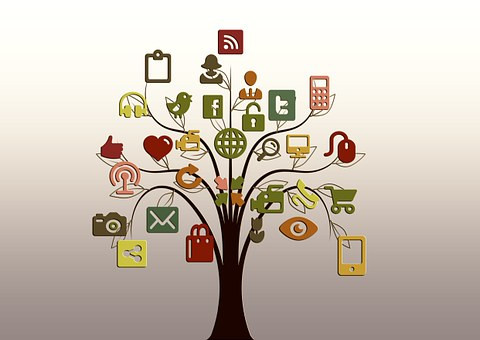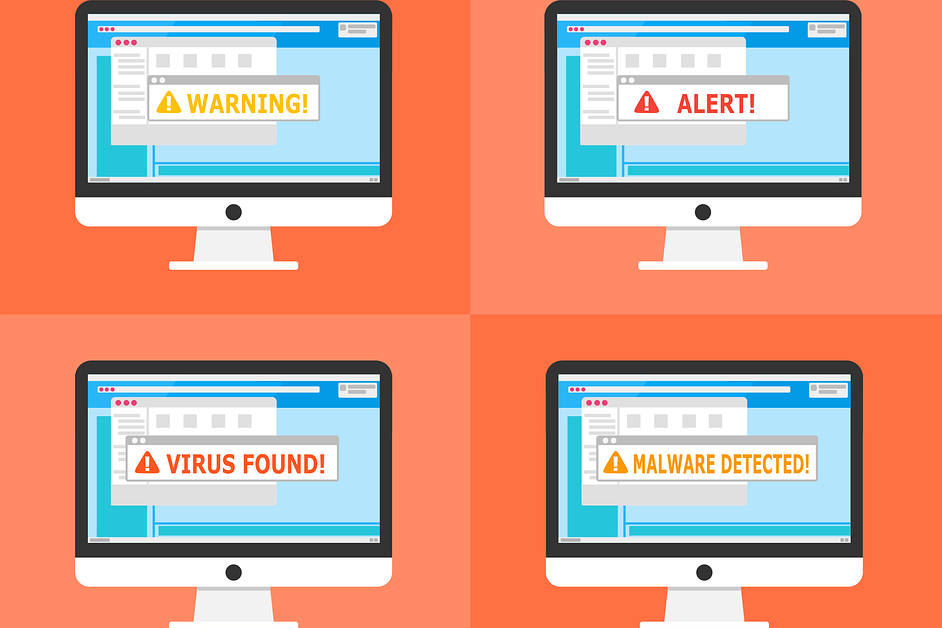The ease with which Internet users' personal data circulate on the Internet supposes numerous challenges that neither the current legislation nor the information society has yet been able to respond to.

One of the many issues that caused the emergence of the Internet and its subsequent creation and implementation in society has been Big Data. The immense quantity of data that our activity dumps on the network, added to the insertion of data in the web of practically any area of specialization, makes the digital environment an immense reality of quantifiable, analysable and, above all, exploitable information.
In this context, the data derived from our personal activity or that constitutes our personal data directly have become the most valuable asset that companies and administrations possess.
The eruption of the Internet in the lives of people has led to an unstoppable phenomenon that involves the digitization of personal data.
In 2006, when Google bought Youtube for 1,650 million dollars, it did not disburse that amount of money for a platform (which for a giant such as the search engine did not present technical complications) but it paid that price for the millions of users who visited that platform every day to create and consume multimedia content. At that time, YouTube had 30 million unique visitors per month and broadcast about 100 million videos every day. The Google counterpart service -Google Videos- barely reached 7 million unique visitors per month. With this purchase, Google not only appropriated the users and their content generated, but also the personal data associated with these profiles.
The same thing happened when Facebook acquired Whatsapp for 21,800 million dollars in 2014. A courier company with only 50 employees at that time was not physically worth that figure in real value, however Facebook did not pay for the structure, rather for its database of more than 600 million users who used this application to communicate with each other. Other technological giants have taken similar steps, such as Microsoft acquiring professional social networks such as LinkedIn or Yammer (26,200 and 1,200 million dollars respectively), Yahoo taking over Tumblr (1,100 million dollars) or Facebook again buying the fashionable social network, Instagram, for 730 million dollars.
Data commands a very high price, it is the essence of Internet business.
In fact, the majority of acquisitions in this regard involve social networks. The social media represent, like no other platform, the combination of personal data and interaction, therefore it is the breeding ground for companies to present their commercial initiatives to enormous advantage. Companies that know how to benefit from the idiosyncrasies of the social environment (storytelling, interaction and bi-directional communication) take advantage of an environment that segments consumer profiles like no other. The personal information that a certain social network has about us is huge, precise and up-to-date.
Not in vain, the data that social networks gather on us in exchange for using their tool for free, are those that we ourselves decide to share.
The final responsibility of our personal contents is in our own hands. This is why the new digital user has to also have training in the management of their own digital persona. Few educational institutions contemplate this necessary reality in their study plans. This consideration is sorely missed. For example, the parents themselves when they consider how to educate their children in new technologies do so by limiting the time of exposure to them: "you can be on your mobile phone only half an hour", "you can play this video game for 20 minutes" or "You can see only one Chapter of the cartoons", but there is hardly a parent who will sit down the required time next to their children to explain and foster an appropriate use of this tool with them. If we do not show, we do not discover and if we do not help them discover, we are not educating. It could be that we let our children connect so that we ourselves disconnect from them, this is not educating in technology.
THE PERSONAL DATA PROTECTION DIRECTIVES
Nevertheless, the challenges are huge. Although the majority of countries have developed strict legislations in this regard, the application comes up against a more complex reality. For example, how de we check compliance with local laws in such a vast and global environment as the Internet? Although the business of a particular company can be extended practically to the entire world thanks to the network, this activity is exempt from implementing the regulation of a these same countries, as it will only have to comply with the laws of the country where its head office is located.
The problem is that there are still countries or legal havens where the need for control in this area has not translated into standards that are up to par. Numerous companies use this legal crevice for their own benefit.
In addition, the digital environment is not exempt from an illegal Internet in a context where any state regulation does not apply, as is the Deep Web. This deep Internet represents around 90% of the whole of Internet data, without us even being able to confirm this percentage. This Internet, hidden from the eyes of the law of the countries involved, is a fertile field for hackers, criminals and criminal activities, albeit at the same time for free web idealists, activists and communications which, due to their highly sensitive content, require to hide from global surveillance. Personal data and databases are easily transferred into this ambit. Lists of emails, consumer groups or personal data are trafficked with little opposition.
On the other hand, Internet users are shooting themselves in the foot when they know that the governments themselves may be the ones who violate their right to privacy as a citizen.
Episodes such as the XKeyScore programme uncovered by the former US NSA analyst, Edward Snowden, reveal the temptation of the administrations to monitor their fellows the general public by breaking the social pact. Also, when Ukrainian protesters received a message from the authorities via SMS on their mobiles as they had been identified in a presumably illegal demonstration. These circumstances only accentuate the concern about the possibilities of the Internet which, although they can help build more informed and free societies, can also cause the exact opposite. The Internet environment is not only still to be built, but also still to be defined.










